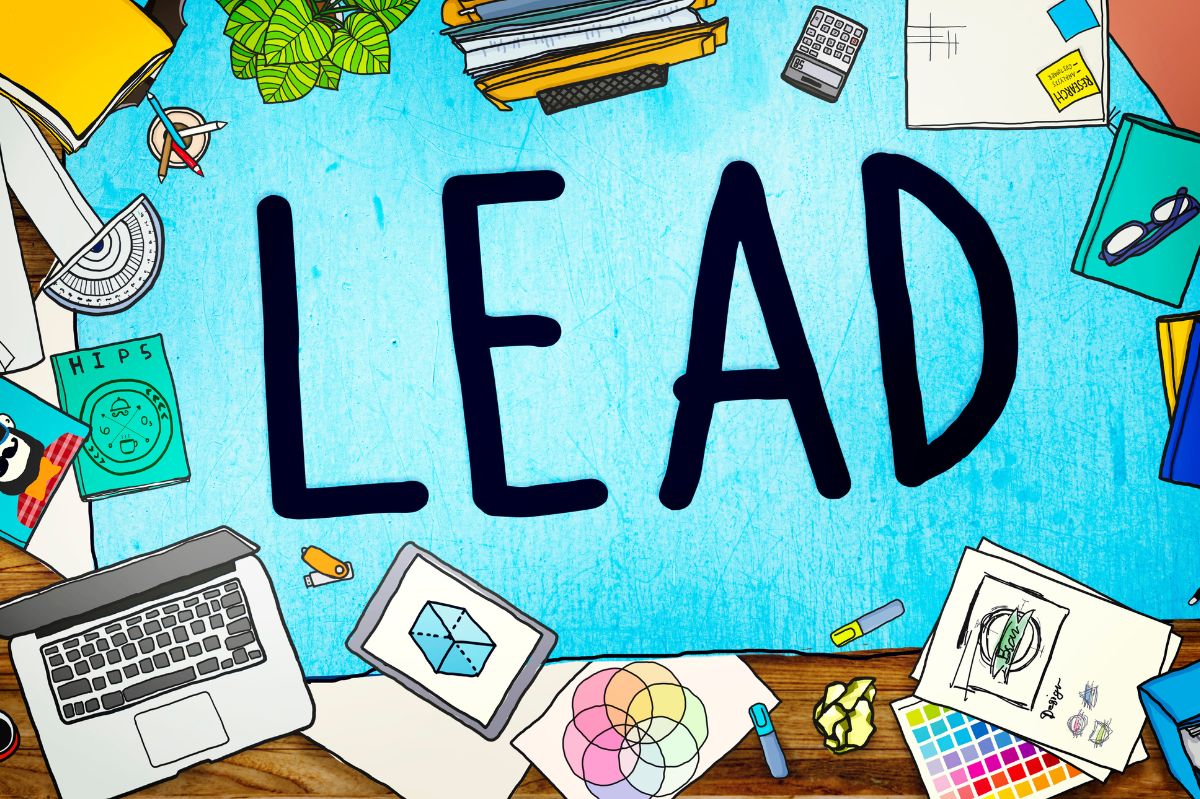E-commerce Lead Generation: How To Use Funnels

Table of Contents
How do you build a marketing funnel?
Why is it essential to structure it according to your business reality?
We all know that marketing funnels work, but how can you implement lead generation for an e-commerce site?
E-commerce marketing funnel: strategies and phases to do it successfully
What is a marketing funnel?
Often referred to as a marketing “funnel”, the marketing funnel is a marketing strategy that follows the consumer through the purchasing process. That is, from when he knows about a product until he buys it. What are the key elements of funnel marketing, and how to implement them? This section introduces the meaning of funnel marketing and how to use it effectively.
Anyone hanging out in the marketing world may have heard the word funnel. This is because the consumer’s purchasing phase is schematized with a funnel. Being aware of this funnel and how to implement effective measures for its realization allows you to convey the existence of a company’s products to as many people as possible.
To better understand the reasons for this representation, we must start from an assumption: as the consumer’s conscience gets closer to the purchase, the number of choices decreases.
The three phases of Funnel Marketing
The “marketing funnel” is a purchasing process model in which the consumer recognizes and purchases goods and services.
The consumer goes through three main stages of the marketing funnel along this purchase awareness funnel. Let’s explain each in detail:
- Phase 1. This is the phase in which consumers come into contact for the first time with content relating to goods and services in which they show interest. This is the so-called lead generation process. Consumers learn to know and select content. In this phase, purchasing awareness and interest are at their maximum. We are at the top of the funnel identified as Top of the Funnel (TOFU).
- Phase 2. It is the phase in which consumers consider purchasing lead nurturing; it is the phase in which consumers select the content they are interested in. The consumer becomes a possible customer prospect. We are in the middle part of the middle of the funnel (MOFU).
- Phase 3. It is the so-called closing phase. Here, potential customers who have compared and compared the contents decide to purchase. The sales approach can be direct or include negotiations. In this phase, the prospect becomes a customer. We are at the bottom of the Bottom of the Funnel (BOFU) funnel.
The marketing funnel typically ends when the consumer purchases. In this communication and acquisition process, companies have a leading role towards consumers. They spread and promote the recognition of their brands, acquire target customers (behaviour analysis, research and trial experiences), and promote repeat purchases through loyalty activities and CRM strategies.
From funnel to double funnel marketing
What is double funnel marketing or double funnel marketing? Wanting to broaden a company’s marketing vision from B2C to B2B, the application of the marketing funnel developed in the “double funnel” strategy is also expanded.
With the expansion of social media, the influence of word-of-mouth communication has increased significantly, leading to a new marketing model.
The double funnel graphic idea is a stacking idea of funnels: regular triangular panels under funnels of inverted triangular panels.
After the purchase in the last phase of the funnel, the customer becomes a fan of the product and the company, returns to purchase and spreads the goodness of the purchase. It is critical to create synergies between the purchasing funnel and the influence funnel. The former should not replace the latter but rather should be seen as an integrated marketing strategy that unites the two funnels and promotes a series of communication processes.
The four phases of double-funnel marketing
The double-funnel marketing process can basically be broken down into four stages. They may vary slightly depending on the type of product or service you are selling.
- Phase 1. The promotion phase increases brand awareness and customer contact in the market.
- Phase 2. It is an acquisition phase to list potential customers and acquire them as new customers.
- Phase 3. It is a loyalty phase where existing customers who have made their first purchases are encouraged to make regular purchases through cross-selling/up-selling strategies.
- Phase 4. The last is the influence phase, where high-quality customers who have been “nurtured and retained” become brand evangelists through word-of-mouth communication, increasing the performance of each of the phases.
It is thus confirmed that the main role of communication has passed from companies to consumers. In the era of social media, the driving force of communication is given by the connection between consumers; that is to say, in this stage, the individual customer has the main role while society and companies are co-protagonists.
Marketing funnel, clarifications
Each stage of the funnel represents the awareness stages of the target user. The prospect’s behaviour was analyzed in the three phases of the commonly used marketing funnel. As user awareness gets closer to purchase, the number of users moving to the next stage decreases.
Taking this behaviour as a given, it is natural that such a marketing funnel cannot be thought of as a response to a fixed type of behaviour but must be fine-tuned based on the changing behaviour of the user.
The existing marketing methods that make up the sales funnel are essential concepts for the next generation. Direct marketing is becoming increasingly relevant, especially driven by the recent expansion of the e-commerce market. Also noticed at this stage is the improvement of customer support, which has a key role in maintaining the company’s good name.
How do you create a funnel marketing strategy?
Creating marketing funnels through blogs and social media is directly tied to your marketing goals. You must, therefore, put the marketing objectives you want to achieve first.
Starting with a single short-term goal is easier than tackling a long-term goal. Above all, realistic and measurable objectives must be chosen and verified that they are achieved within the expected timescales.
Once you’ve identified your goals, you’ll want to make sure you’re posting compelling content that gets people to achieve that goal. To do this effectively, you need to provide content to users at various stages of the funnel.
For example, you could publish six pieces of content (two for each funnel stage: awareness, trust and conversion) or blog posts to build a funnel and support customer journeys.
To strengthen the strategy, digital advertising campaigns could be supported and implemented at the top of the funnel to fuel awareness and engagement. It is important to analyze the downstream metrics to evaluate whether the correct conversion ratio is performed for each channel.
In the customer journey, each stage of the funnel must be recognized and treated individually. The important thing is to provide information that allows consumers to experience the value of the products.
Investing at the top of the funnel will make acquisition costs cheaper in the long run.
Why do you need funnel marketing?
Implementing a digital funnel marketing strategy to promote your brand and products is essential.
It becomes necessary to survive in an era where technology constantly evolves, and consumers’ media consumption habits are constantly changing.
Understanding the customer’s conversion path and the channels that can contribute to sales is the basis of business development. The correct steps to manage a campaign’s funnel will vary depending on the products and services offered, but they can be easily adapted to your business model.
Also Read : 5 E-Commerce Marketing Activities To Restart
